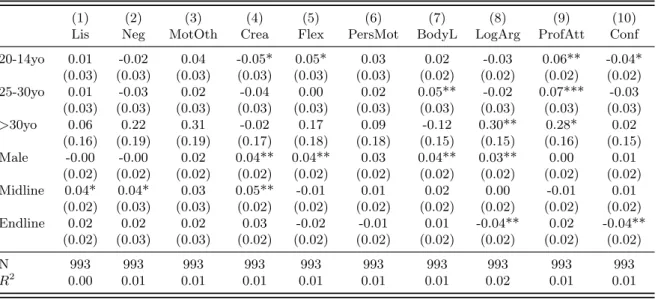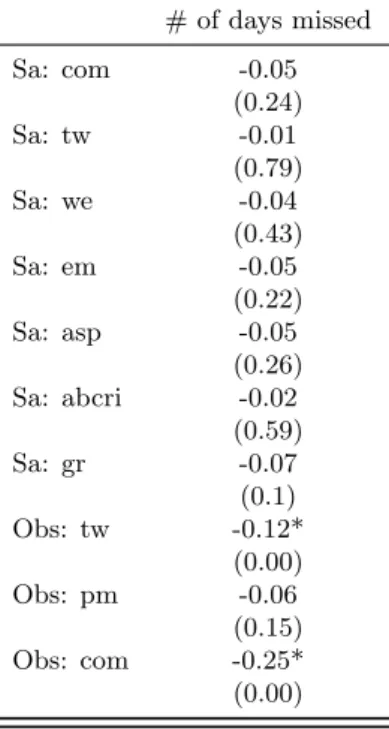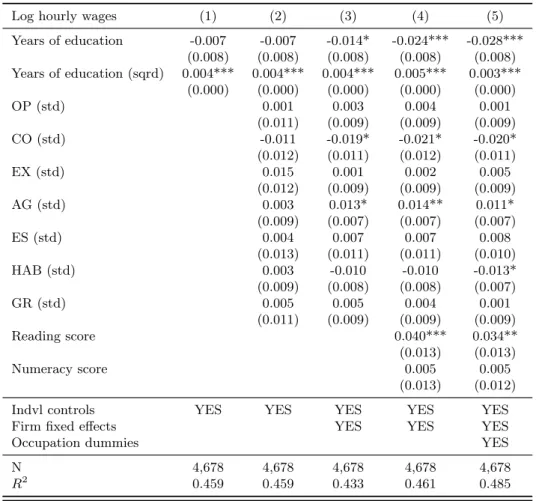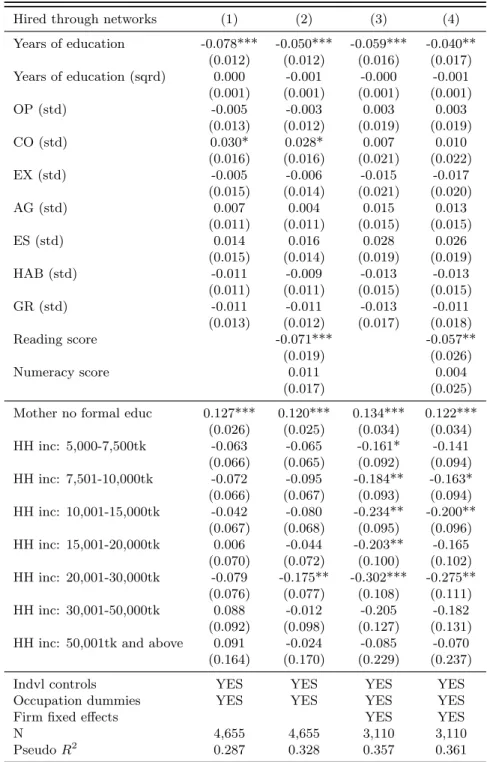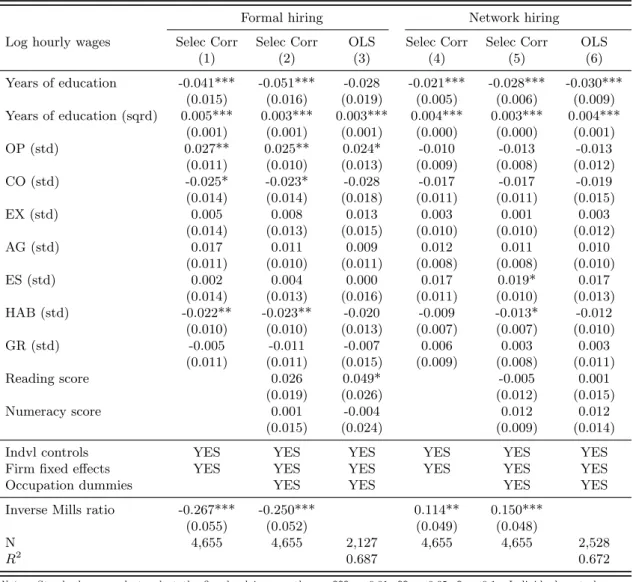Cognitive and non-cognitive skills in developing countries
Texte intégral
Figure
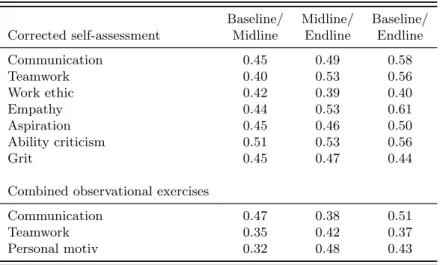
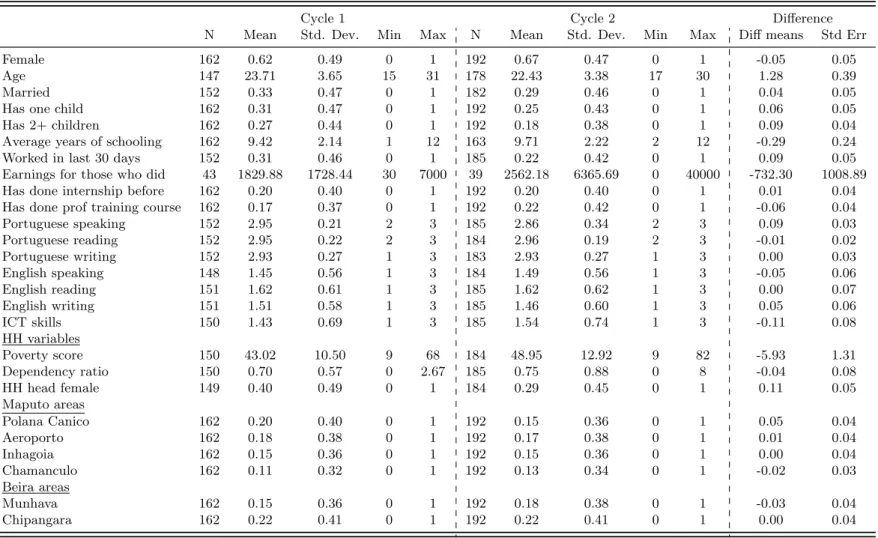
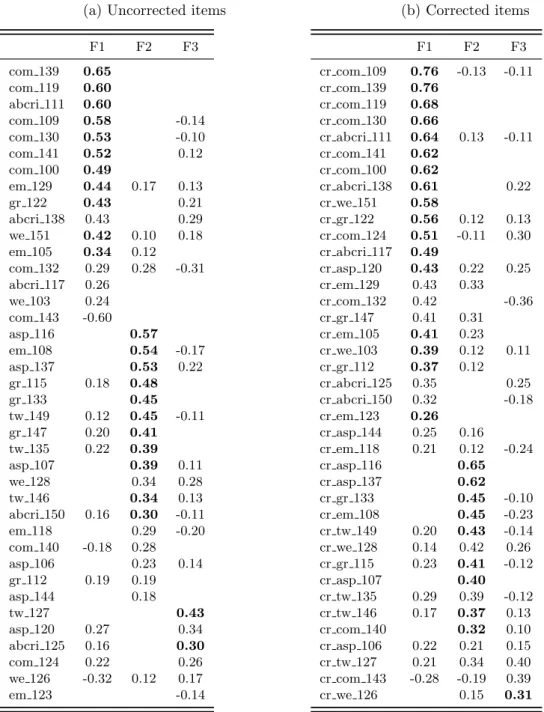
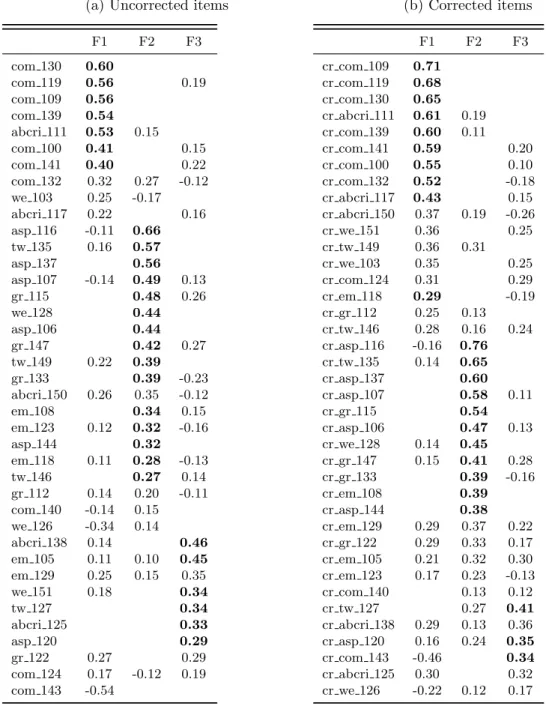
Documents relatifs
Anticipatory judgments of three different tennis skills were practiced across an acquisition phase in either a random or blocked practice order, with learning being measured
Word flexibility scores correlated positively not only with word reading and passage reading comprehension but also with pseudo-word decoding; whereas picture flexibility scores did
The frame presentation mode provided the key to determining what skills are specific to each age. It allowed us to show how the ability to mark the cognitive status of
The comic strips differed from each other in the display mode (consecutive vs. simultaneous), the type of event sequence (arbitrary vs. ordered) and the
The results showed that (a) the character in the last frame was usually referred to as a given, with a definite pronoun when the topic was maintained and a
All models are based on Latent Semantic Analysis, a computational model of the representation of the meaning of words and sentences.. Models' performances are compared with data
Trois résultats sont discutés: (1) l’ambiguité de la perception engendre l'émergence d'imitations gestuelles simples chez un système qui a appris auparavant à associer
After establishing a joint goal, in order to achieve it, the robot should be able to create, and negotiate a shared plan [20] with its human partners. To do so, there are
